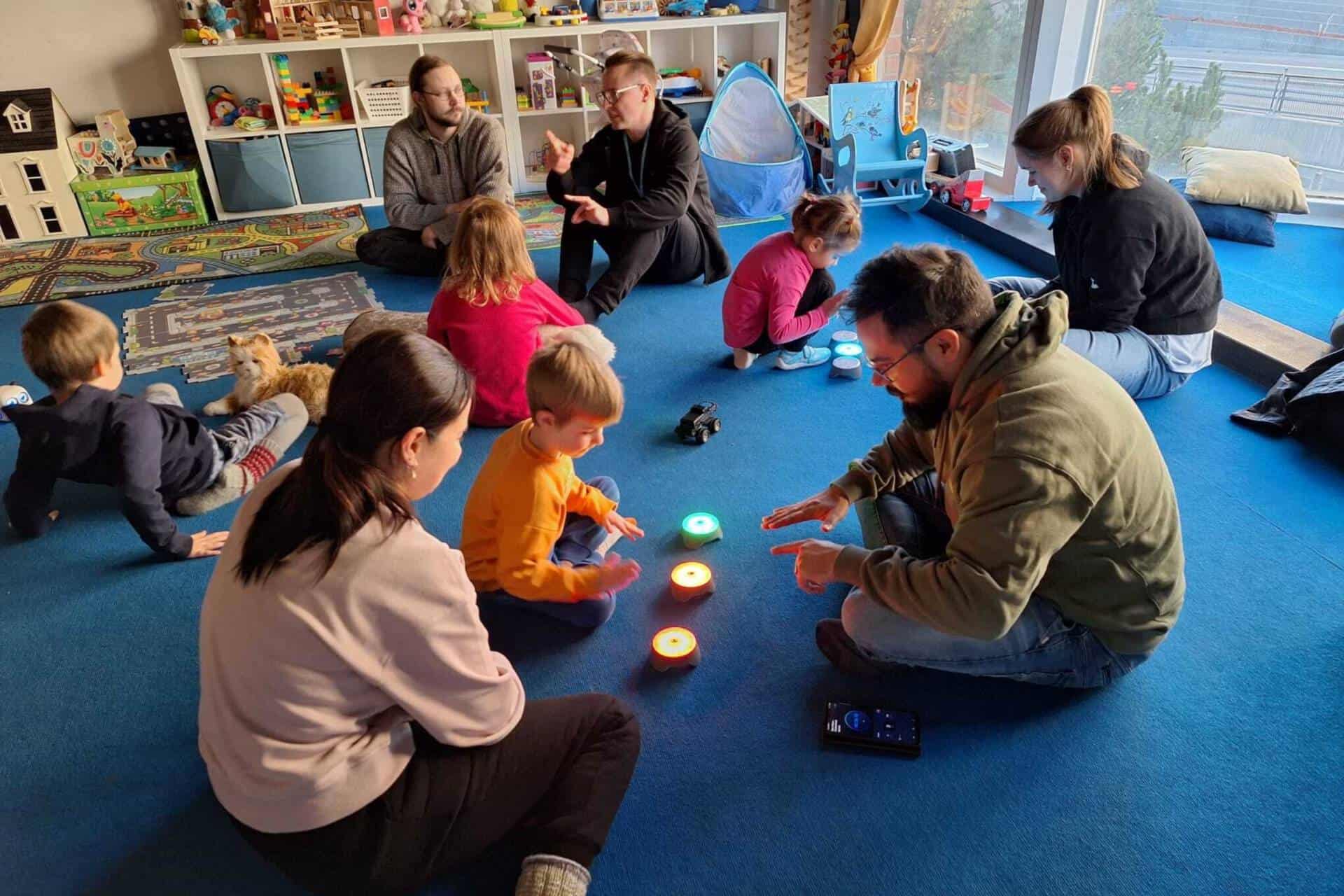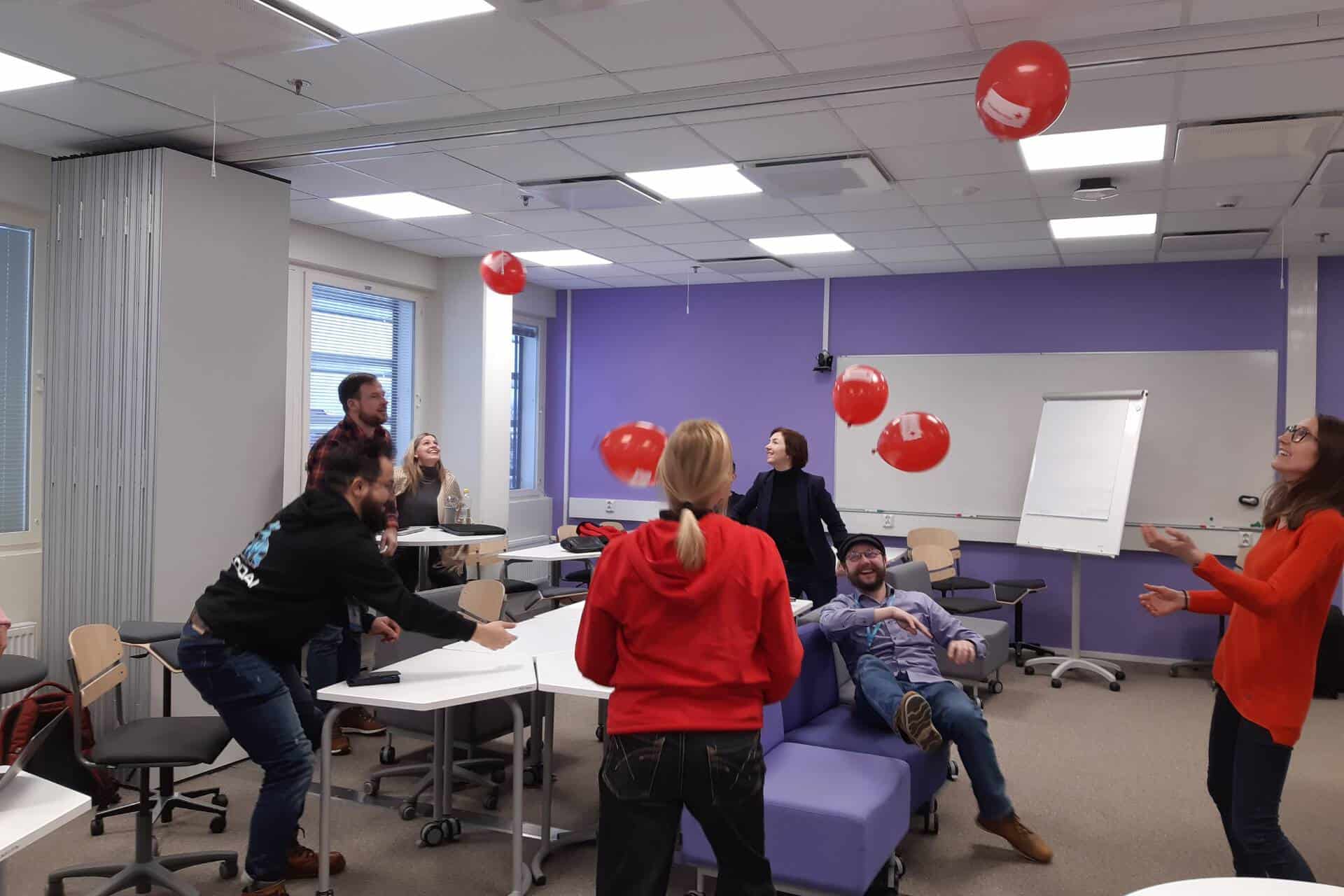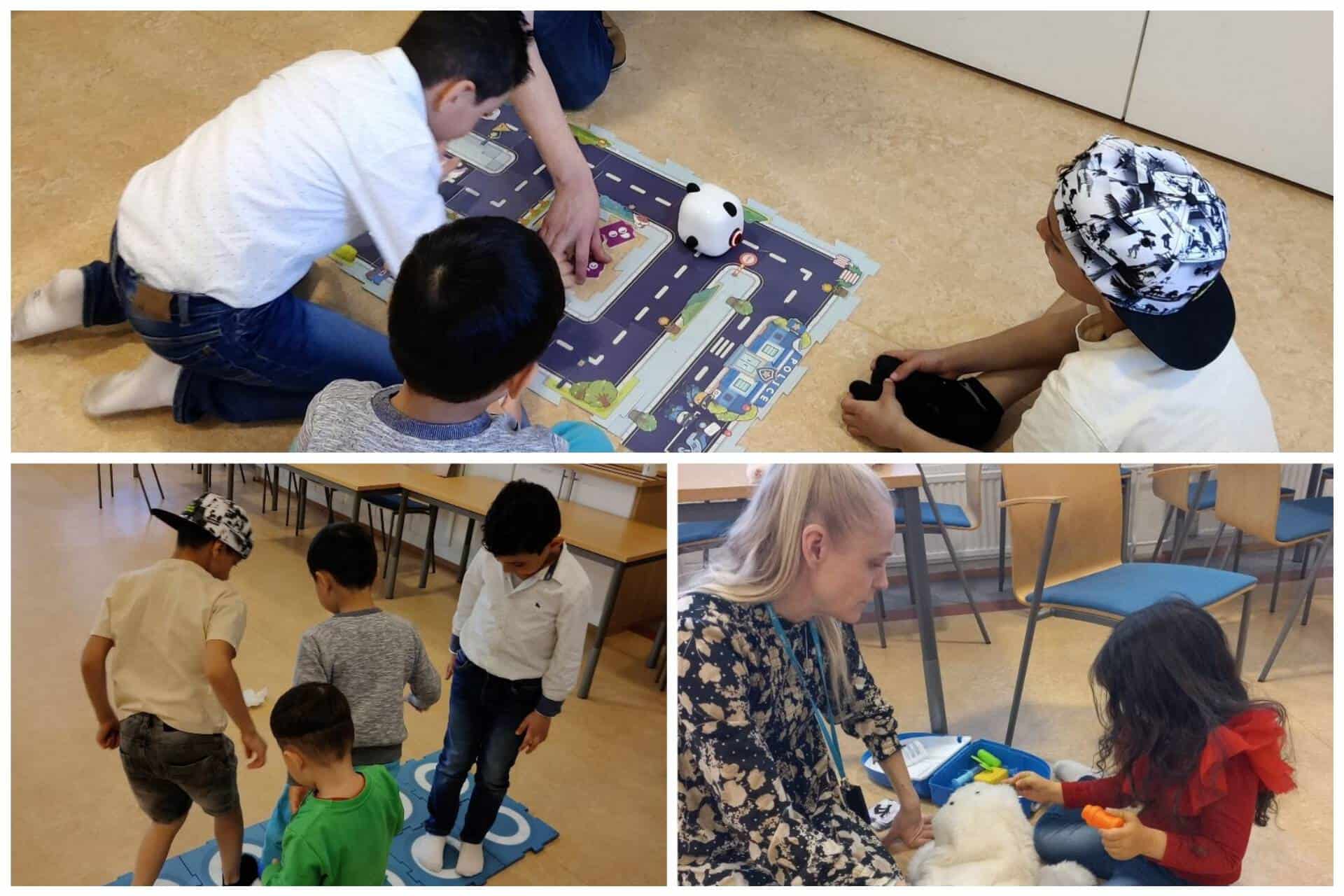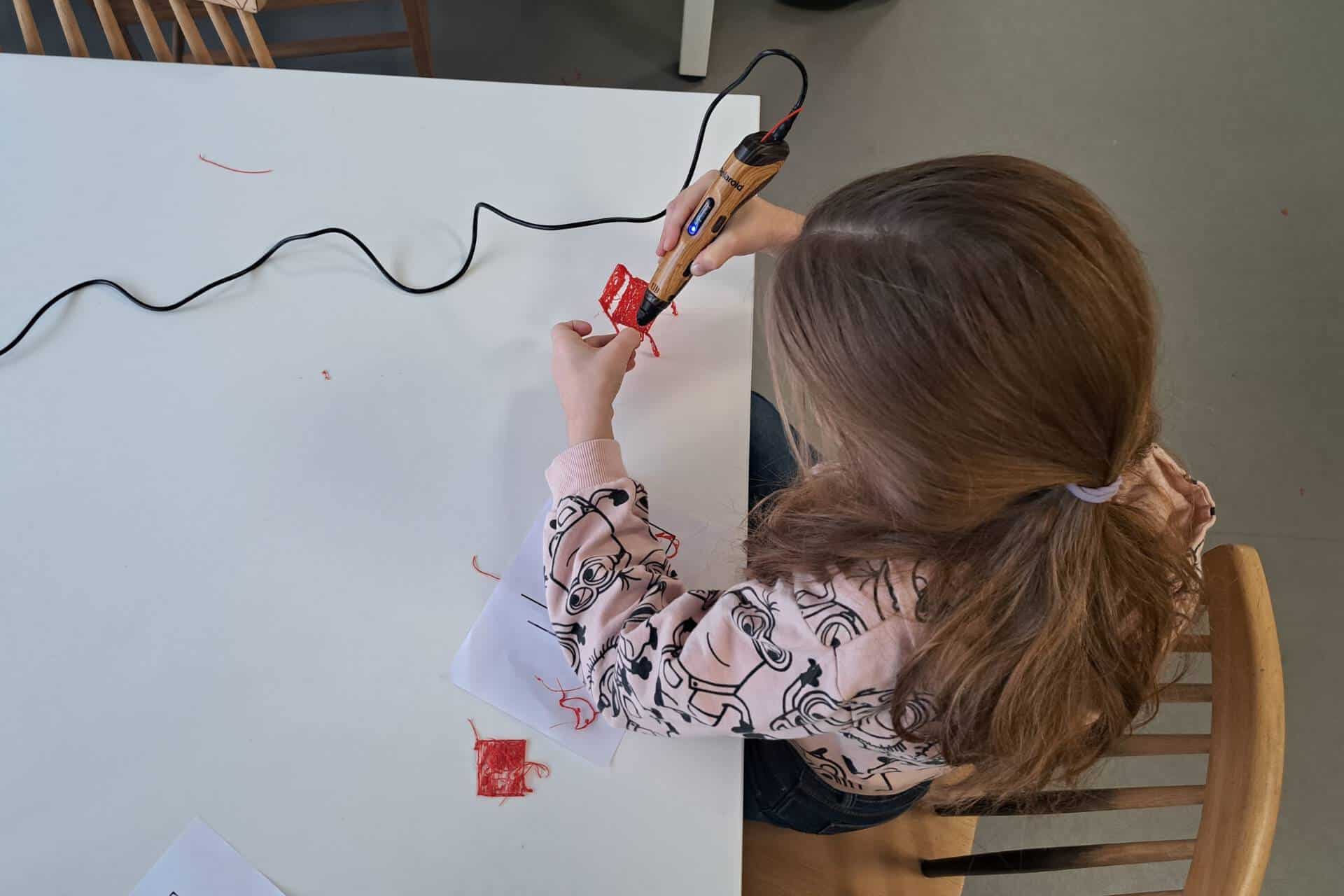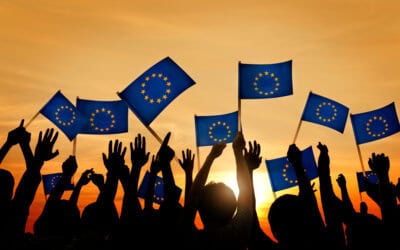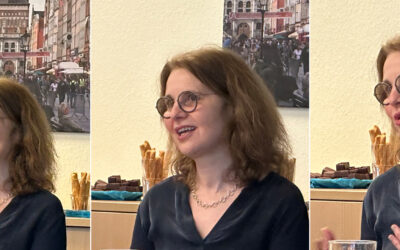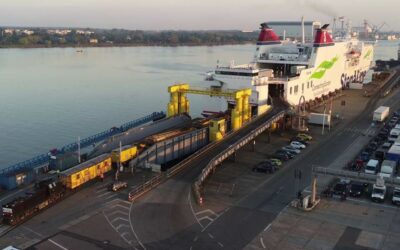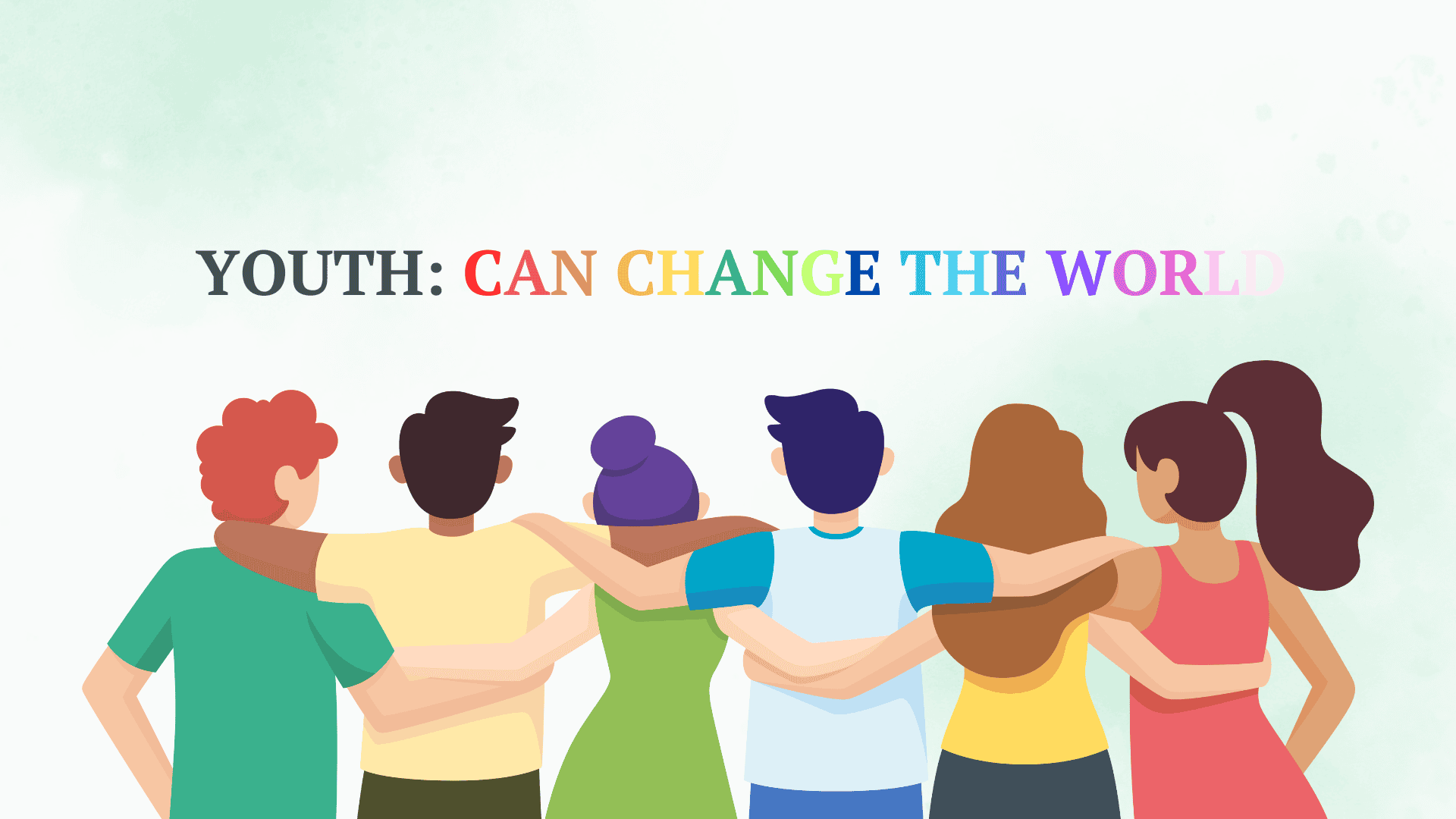
22 April 2024
Interreg design for young people
Written by Susie Hacquin
On the occasion of the EU Youth Week, we dive deeper into several Interreg Baltic Sea Region projects to prove the added value of Interreg for young people in the region: from improving children’s well-being to co-creating their living spaces and future employment environments.
Too young to express their opinions? Too inexperienced to participate in the building of our future communities? The youth can easily be left on the side of the processes shaping the future. However, Interreg is not leaving anyone behind. With a wide array of projects funded by the Programme, our projects showcase how to involve young people in joint cooperative work and see them as an important group of people that would sooner or later benefit from the project results.
Projects for young people: improving children’s well-being
A perfect example of how Interreg puts the needs and emotions of young people in the spotlight is KidsLikeUs. The project helps children and teenagers overcome various traumas, which can be related to immigration, but also the pandemic, and the war in Ukraine. The project equips non-governmental organisations (NGOs) and public institutions with a range of tools and activities to interact with children and improve their well-being – starting from the ones that are fast to implement, like watercolour painting, through creating sensory gardens and ending up on digital tools, for example, a therapeutic VR fairytale. Conventional sensory gardens are areas that activate various senses, but in the project, this concept was widened to inspire volunteers, educators, and caregivers to create sense-friendly places both in psychological, physical, and digital contexts to help the children feel safe and accepted.
In this project, kids are engaged in every step of the process to make the solutions as suitable as possible for them. Beata Fabisiak, the project manager of KidsLikeUs, explained that it is a core aspect of the project to “listen to them” and “ to design with them”. What does it mean? For example, as part of the project activities, the partners conducted dozens of workshops in five Baltic Sea Region countries involving children in 3D prototyping, painting, and co-creation of technology-based concepts to listen to their voices attentively and show that their needs and dreams are important. Based on the children’s opinions, some prototypes are changed, like an interactive cushion to sit on. This example shows that the solutions are really designed with them, and oriented toward them.
Solutions co-designed with children: building the cities of tomorrow
Another project, UrbanTestbeds.JR, engages children in building the cities of tomorrow. The project uses artificial intelligence and storytelling techniques to co-design scenarios for sustainable and liveable urban spaces, which also meet the specific needs of young people. UrbanTestbeds.JR is about building competencies in young citizen’s engagement for academia, interest groups and local public authorities. One of the main aspects of their work is the constant engagement of the youth throughout the project. The project partners organise workshops with kids from 9 to 12 years old where they take part in urban planning. For instance, in Luleå, Sweden, the partners staged hackathons with future city scenarios using Minecraft. The partners from Hamburg, Aarhus and Luleå jointly ran a workshop in Aarhus, Denmark with 24 children in the age of 10 and 11 where they could chat with an artificial intelligence to ask questions about the local climate action plans. Jens Bley, the lead project manager of UrbanTestbeds.JR, explained that all projects can benefit from the input of the young people because of their “unspoiled view on things”. On the other hand, the children also benefit from this engagement because workshops such as the ones organised by this project “allow kids to be taken seriously and be on an eye-to-eye level with the adults”. Engaging the youth in Interreg project can indeed take the form of co-creating the long-lasting solutions.
Project working on their future: creating networks and job opportunities
There is always a time when children grow and eventually become young people entering the labour market. The changing pace of the world is affecting them a lot. That’s why there is a need to accommodate talented young entrepreneurs well and provide them with fair chances to bloom. The Interreg project BSG-Go tackles this challenge for the game industry in the Baltic Sea region. As Rouven Stukenberg, the project assistant in BSG-Go, explained, the project is building competencies of “mentors, coaches, trainers in order to be able to improve the support they give to young entrepreneurs and talents”. Consequently, these intermediary groups interact with and involve young teams in project activities, like the XR jams or acceleration basecamps, or when testing tools to predict the resilience of their current business model or project. Thanks to this, the project also facilitates building a network among young entrepreneurs, which is equally important to support tools developed by BSG-Go.
Interreg is for the young
In conclusion, Interreg projects actively work to not leave anyone behind. Several projects, like KidsLikeUs and UrbanTestbeds.JR, demonstrate the importance and the real benefits of engaging young people in the planning and development process. Through these projects, youth are empowered to contribute their unique perspectives and ideas, ensuring that the Europe of tomorrow is designed with their needs in mind. Additionally, projects like BSG-Go, create networks and job opportunities in industries, like the gaming sector, to ensure stable career developments for young people. However, these are only a few examples of how Interreg projects engage the youth. Here are some others:
- the projects Baltiplast and ReNutriWater organised workshops to involve young people via informative and educative games like interactive lectures or hands-on experiments.
- the project Mobile Hospital develops a mobile application that helps children and their families experience authentic hospital surroundings and better prepare for a hospital visit.
- the project BSR DeepTech Launch, business, research and education institutions empower talented students and young researchers to start up their deep tech businesses and speed up green and digital transition.
By ensuring youth involvement, Interreg is laying the grounds for a prosperous future where young people are active drivers of the developments in their local communities and enjoy thriving careers.
Don’t miss information about other projects:
More recent news
Celebrating the long-standing cooperation with Estonia, Latvia, Lithuania and Poland
2 May 2024 Celebrating the long-standing cooperation with Estonia, Latvia, Lithuania and Poland Written by Anna Zaccaro & Susie hacquin Step...
Gearing up for project platforms
In a bid to capitalise on the wealth of projects underway in our region, Interreg Baltic Sea Region is getting ready for a call for project platforms. Project partners will take a closer look at the emerging project results and consolidate them to maximise the impact of the cooperation.
I do believe in the power of Interreg!
Blagoveska Riiser, the European Commission representative at the Programme’s Monitoring Committee, shares her thoughts on how she perceives the value and unique features of the Interreg Baltic Sea Region Programme.
A greener future for port operations
The Blue Supply Chains project supports port authorities and operators in decarbonising port operations. It advances electrification, provides strategies for alternative fuels and sets-up green transport chains. Katrin Verner, Maria Tornvall, and Christopher Schnur from the project partner Stena Line explain how a ferry operator can use alternatives for getting goods to people in a greener way.



